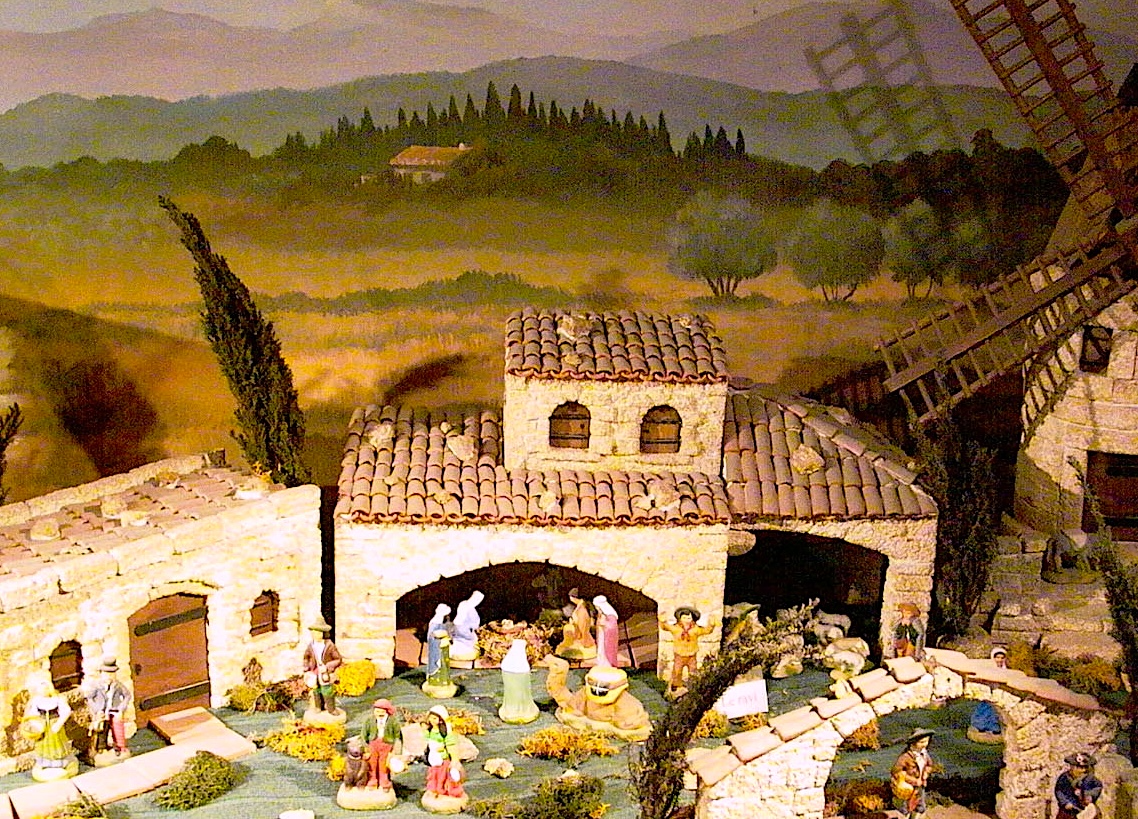Jean-Philippe Bru is Professor of Practical Theology at Faculté Jean Calvin (current occupant of the James Montgomery Boice Chair of Practical Theology, named after the late long-time pastor of Philadelphia’s Tenth Presbyterian Church, author, broadcaster, and Trustee of The Huguenot Fellowship.)
Jean-Philippe has graciously provided information (below) on the courses which comprise the study of Practical Theology at FJC. It’s wonderful that the training not only includes a deep understanding of God’s Word in the tradition of the Reformation, but also with strong emphasis on it’s practical application to ministry.
Please consider partnering with us in supporting Faculté Jean Calvin and it’s important mission of training pastors, missionaries, and lay-workers to serve Christ in the French-speaking world.
******************
Bachelor’s Degree (Licence)
TP101 – Principles and Practice of Christian Preaching
This course introduces the theological foundations and practical skills of Christian preaching. Students will explore the nature of biblical proclamation, sermon preparation, structure, and delivery, with attention to faithfulness to Scripture and pastoral sensitivity to the congregation.
TP102 – Spiritual Disciplines and the Means of Grace
This course examines the classic spiritual disciplines as means by which God nurtures spiritual growth. Emphasis is placed on Scripture, prayer, sacraments, and communal practices, integrating theological reflection with personal and ministerial application.
TP103 – Theology and Practice of the Spiritual Life
This course provides a theological framework for understanding Christian spirituality. Students will explore biblical, historical, and pastoral perspectives on spiritual formation, holiness, suffering, and perseverance in the Christian life.
TP104 – Gospel-Centered Conflict Resolution
This course addresses the nature of conflict in personal, ecclesial, and ministry contexts. Students will learn to approach conflict through the lens of the gospel, emphasizing reconciliation, forgiveness, truth, and redemptive peacemaking.
TP105 – Foundations of Christian Teaching
This course focuses on the theology and practice of Christian education. Students will examine biblical models of transmission of faith, pedagogical principles, and strategies for nurturing mature disciples within the church.
TP106 – Theology and Practice of Christian Worship
This course explores the biblical and theological foundations of Christian worship. Students will study the elements, forms, and historical development of worship, with practical reflection on planning and leading services that are God-centered and edifying.
TP107 – Pastoral Theology and Church Care
This course introduces core aspects of pastoral theology, focusing on shepherding, oversight, and care within the local church. Topics include pastoral identity, leadership, spiritual oversight, and caring for individuals and the congregation as a whole.
TP108 – Pastoral Care and Counseling
This course provides an introduction to pastoral care and basic counseling skills. Students will learn to listen well, offer biblically grounded guidance, and provide spiritual support in situations of suffering, crisis, and personal struggle.
TP109 – Biblical and Theological Perspectives on Church Growth
This course examines church growth from biblical and theological perspectives. Students will assess models of growth, mission, and evangelism, with critical reflection on faithfulness, health, and maturity in the life of the church.
Master’s Degree
TP201 – Theology and Practice of Church Revitalization
This course explores theological principles and practical strategies for the renewal of declining or struggling churches. Students will analyze spiritual, cultural, and organizational factors affecting church vitality and develop biblically grounded revitalization approaches.
TP202 – Advanced Pastoral Counseling
This course builds on foundational pastoral care skills, focusing on more complex counseling situations. Students will engage ethical issues, relational dynamics, and integrative approaches that combine theological depth with pastoral wisdom.
TP203 – Theology and Practice of Church Planting
This course examines the biblical, theological, and missional foundations of church planting. Students will explore contextualization, leadership development, and practical models for establishing new congregations faithful to the gospel and responsive to their context.







